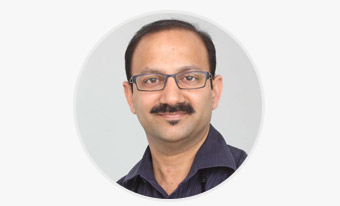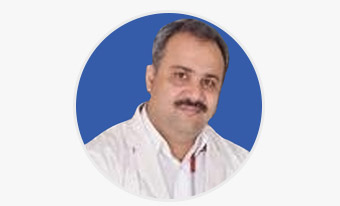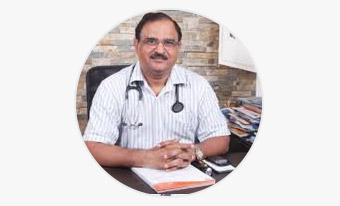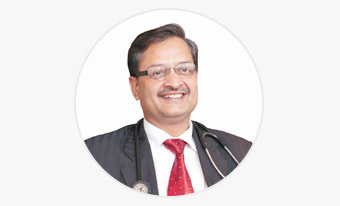Cardiologist
Cardiologist is also a specialist physician possessing advanced training in the field of circulatory system disorders and heart diseases. After completing medical school, cardiologists can complete another 3-year residential program in internal medicine plus 3-year specialization in cardiology.
Cardiologists have many responsibilities. But one of the most key roles is to provide the most efficient care to patients. In order to hold their position as a skilled cardiologist. Doctors must be willing and dedicated to continuous education so as to stay abreast with the latest medicines and technologies and provide necessary care to people. They must possess extensive knowledge of advanced equipment as well as medications used for treating heart diseases. Cardiologists are responsible for examining a patient, running the necessary diagnostic tests, and determining the exact cause of symptoms. Some tests may be recommended in order to diagnose the disease accurately, such as ECG, chest X-rays, EEG, magnetic resonance imaging (MRI) and ultrasound imaging. They may also recommend certain blood tests for heart diseases.
Cardiologists are responsible for finding the best course of treatment for a patient. They have to prescribe medications to help patients. Likewise, if a patient needs surgery, they can recommend and refer to a cardiac surgeon. Cardiologists are also trained to perform invasive tests like coronary angiography, catheterization, and coronary arteriography, which requires skill and precision.
Cardiologists have several important roles and responsibilities in handling patients with care, such as:
- Cardiac consultation
- Echocardiogram (ECG)
- Ambulatory ECG
- Cardiac Catheterization
- Angiography
- Arteriography
- Pacemaker implant
- Follow-up and care
- Cardiac diagnostic testing
- Minimally invasive surgeries
Few of our Panelists

MD, DNB, FASE, MBBS

MD, DM, MBBS

MD, FIAMS, MBBS

MD, DM, DNB (Cardiology), FSCAI, FACC (USA) MBBS